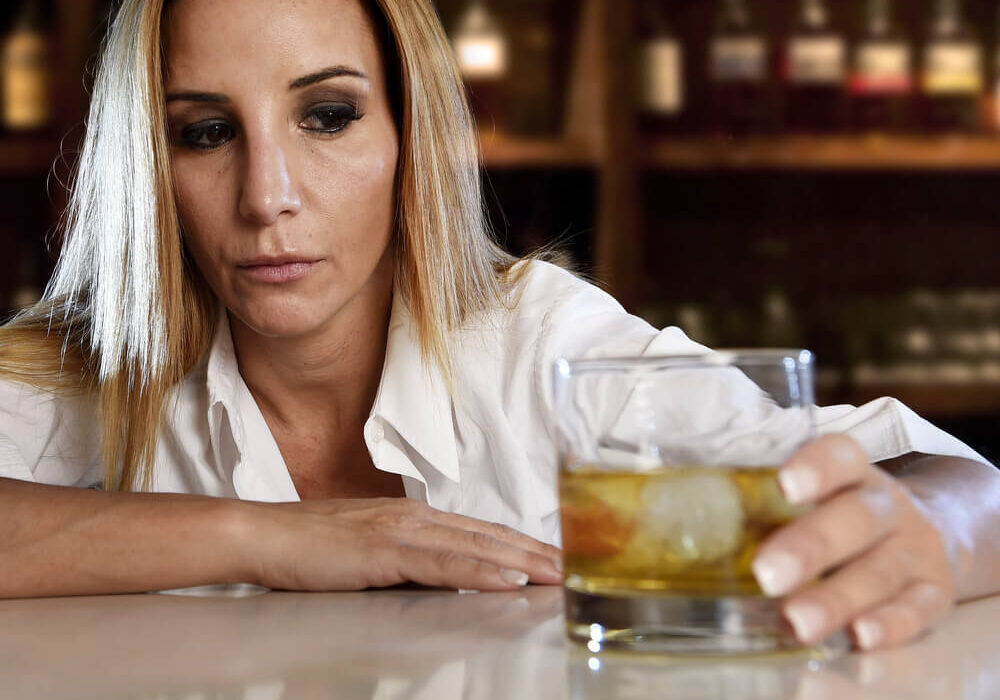How Can I Overcome Alcohol Withdrawal?

Alcohol withdrawal is extremely uncomfortable and frightening, we know. We have seen it for ourselves in the detox phase of our addiction treatment programs. Recovery from alcoholism is a life-long process, but we first have to get through the first battle of detox. For some, the withdrawal symptoms can be so unpleasant that they give up on their efforts to get sober. However, we can win the detox battle by arming ourselves with information. Knowing what to expect and having a battle strategy will get you through this first step towards sobriety.
If you or a loved one has been abusing alcohol heavily and for a long time now and wants to quit, you will have to plan ahead for the alcohol withdrawal symptoms. The longer and more severe the drinking, the worse the withdrawal experience will be. Researchers have also found that each period of withdrawal symptoms is worse than the last. This means that if you have quit alcohol cold turkey before, and gone through withdrawal, this time around may be worse. It’s best to begin the detox process with as much preparation as possible. This means learning about what to expect and also seeking out medical help.
The reason alcohol withdrawal even happens is that heavy drinking changes the way our brains work. Alcohol abuse disrupts the brain’s neurotransmitters, which are the chemicals that make it function. The two main neurotransmitters disrupted by alcohol abuse are GABA and glutamate. These two deal with the nervous system’s ability to get excited and calm down. During alcohol abuse, there tends to be a much higher amount of these chemicals than normal. This is because the alcohol suppresses their ability to function, so we need to produce much more. When the alcohol is suddenly cut off, the brain is steeped in excitatory neurotransmitters with no alcohol to suppress them. This shock leads to the dangerous symptoms of alcohol withdrawal.
Please do not try to go through this battle alone. Alcohol withdrawal is not only uncomfortable, but it is also extremely dangerous. Without treatment or supervision, detoxing from alcohol can sometimes lead to death.
What To Expect During Alcohol Detox
During the first 6-12 hours after your last drink of alcohol, you will be in Stage 1 of alcohol withdrawal. This stage is marked by:
- Shaking hands as well as an internal “shaky feeling”
- Loss of appetite
- Anxiety and restlessness
- Nausea
- Heart Palpitations
These symptoms may go on for the next day or two. But meanwhile, you will begin Stage 2 around 24-48 hours after the last drink. Stage 2 symptoms involve:
- Seizures
- Temperature swings
- Sweating
- Shivering
- Inability to sleep
- Hallucinations
Stage 3 of alcohol withdrawal is the most severe and life-threatening. It begins around 48-72 hours after the last drink. This stage is where we see Delirium Tremens happening. Stage 3 is marked by:
- Agitation
- Deep sleep for more than 24 hours
- Seizures
- Disorientation
- Hallucinations
Delirium Tremens
The symptoms of Delirium Tremens are similar to phase 2, but it is important to note that they are much more severe and the patient is less “clear.” In phase 2 the patient is present and coherent, but during phase 3 they are far more disoriented and difficult to communicate with. This stage has a 5% mortality rate.
Wet Brain
Wet Brain is the common name for a serious, thankfully rare, outcome of alcohol abuse. The true name for this condition is Wernicke-Korsakoff Syndrome. It is a form of brain damage resulting from a severe vitamin deficiency that causes brain lesions. This disorder can complicate the detox process and impede recovery from alcohol abuse. The symptoms that occur during the first phase of Wet Brain include confusion, loss of muscle coordination, memory problems, and loss of mental activity. The first phase is known as Wernicke’s encephalopathy and has a 10-20% mortality rate. The second phase is known as Korsakoff’s psychosis. The symptoms include amnesia, language failure, inability to recognize common objects, and loss of muscle control. Wet brain can be treated with thiamine, to stop the degeneration. However, there is, unfortunately, no cure for the loss of mental functioning. The brain damage is irreversible.
Alcohol Abuse Treatment
The goal of alcohol withdrawal treatment is to ease the suffering and pain that happens and to prevent serious harm. Doctors will administer benzodiazepines at carefully timed intervals. The dose gradually tapers down as the alcohol withdrawal proceeds. Anti-convulsants may be useful for the seizures, but they are not always used. Thiamine, a nutrient found in many foods, is administered as well. Alcoholism leads to a deficiency in this vitamin causing neurological symptoms which can make detox even more challenging.
Alcohol is one of the two substances whose withdrawal symptoms can be so severe that they lead to death. Self-treatment with the medication described can simply transfer your addiction from alcohol to benzodiazepines, which is the second type of drug whose withdrawal symptoms can cause death. Your safest move is to detox with help; contact us at Breath Life Healing Centers for advice on how to get started.
To Inquire About Breathe Life Healing Centers, Please Call
Our Helpline 24/7 at (800) 929-5904
Get Help Now
Send us a message and a member of our team will be in touch shortly.
